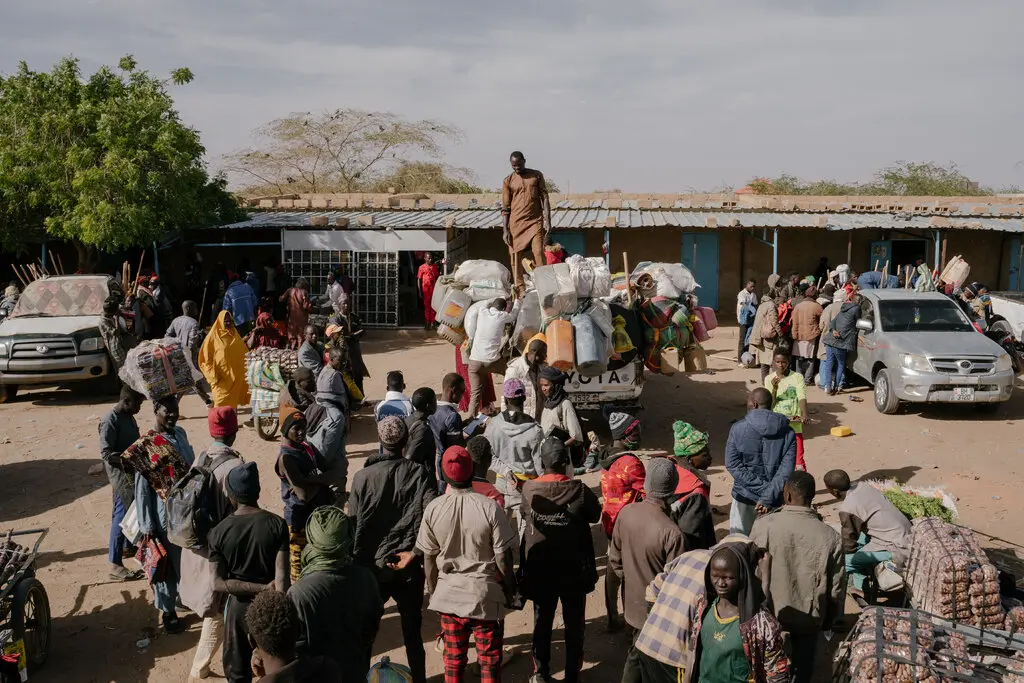Libya’s coast guard has intercepted nearly 15,000 migrants in the Mediterranean Sea since the beginning of this year, according to the International Organization for Migration (IOM). The latest figures highlight the growing risks faced by people trying to leave North Africa for Europe.
Between August 10 and 16, Libyan authorities stopped 491 people attempting the dangerous journey. Among them were 15 children and 29 women. One body was also recovered during this period, underscoring the deadly nature of the route. The majority, 426 migrants, were intercepted by forces loyal to Libya’s internationally recognized Government of National Unity (GNA) in Tripoli. Another 65 were stopped by the Libyan National Army (LNA), which controls the east of the country under Field Marshal Khalifa Haftar.
The IOM says that 14,554 migrants have been returned to Libya so far in 2025. This number includes 468 children and more than 1,300 women. At the same time, around 400 people have been confirmed dead this year while trying to cross, and another 318 remain missing.
Despite the dangers, Libya continues to be the main departure point for migrants heading to Europe. Data from the UN Refugee Agency (UNHCR) shows that out of nearly 39,000 people who reached Italy in 2025, more than 34,000 had departed from Libya. Smaller numbers came from Tunisia and Algeria. The Italian island of Lampedusa has been one of the main arrival points, keeping it at the center of Europe’s migration debate.
A new trend has also emerged this year, with smugglers sending people to the Greek island of Crete. This journey is even longer and more dangerous than the route to Italy. In the first half of 2025, nearly 11,000 migrants managed to reach Crete, leading Greece to introduce emergency measures. Prime Minister Kyriakos Mitsotakis announced a temporary suspension of asylum procedures, a move criticized by the UNHCR as a violation of international law.
In response, Greece has stepped up cooperation with both of Libya’s rival governments. Greek naval vessels are now patrolling waters off Libya, while Libyan coast guard officials from both Tripoli and Benghazi have been invited to Crete for training. This cooperation shows Greece’s willingness to work with both sides in Libya despite their ongoing conflict.
Since 2015, the European Union has spent more than €530 million to help Libya control migration. Human rights groups, however, continue to raise concerns that returning people to Libya exposes them to abuse, exploitation, and unsafe conditions in detention centers.

